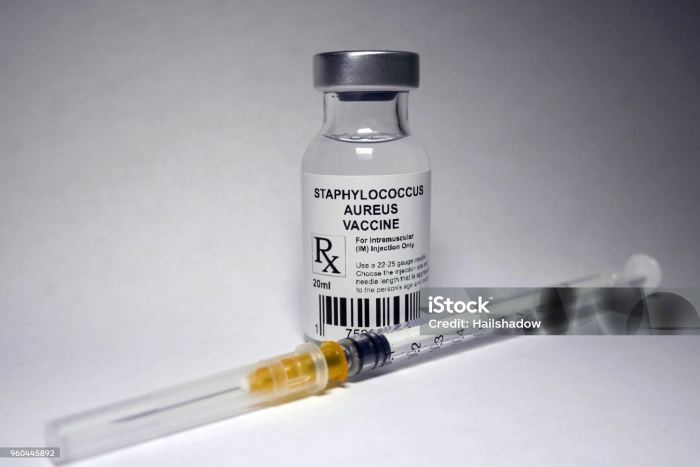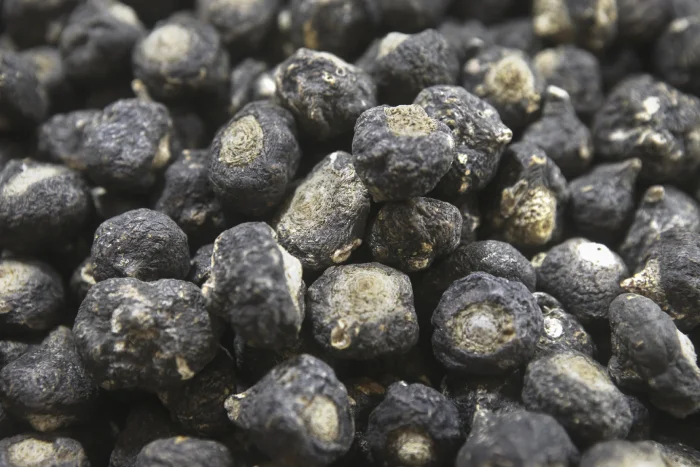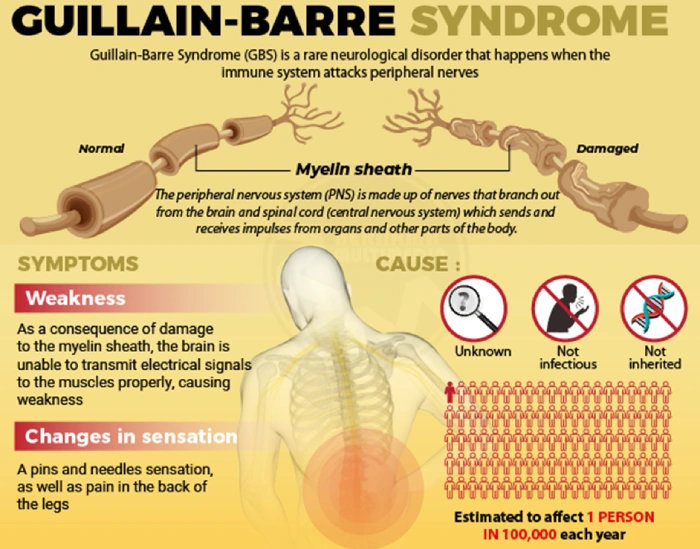ABX1100’s Promising Phase 1 Results and FDA IND Clearance
Aro Biotherapeutics, a clinical-stage biotechnology company specializing in tissue-targeted medicines, has recently achieved a significant milestone with the U.S. Food and Drug Administration (FDA) clearance of its Investigational New Drug (IND) application for ABX1100. This novel therapy is currently under investigation in a Phase 1 study targeting late-onset Pompe disease (LOPD) patients. Additionally, Aro is set to present data from a Phase 1 study involving normal healthy volunteers (NHVs) at the 2025 WORLDSymposium™ in San Diego, California. The data reveals that ABX1100 effectively reduced glycogen synthase 1 (GYS1) messenger RNA (mRNA) and protein levels in muscle tissue, demonstrating both efficacy and tolerability.
ABX1100’s Mechanism and Clinical Potential
Late-onset Pompe disease is a genetic disorder characterized by a deficiency in the enzyme responsible for breaking down glycogen in muscle tissue. This leads to excessive glycogen accumulation, resulting in progressive muscle weakness and other severe complications. ABX1100 leverages Aro’s proprietary Centyrin technology to deliver a short-interfering RNA (siRNA) therapeutic payload directly to muscle tissue. The siRNA targets and inhibits the production of GYS1, a key enzyme in glycogen synthesis. By reducing glycogen production, ABX1100 aims to address the root cause of LOPD and provide a novel therapeutic option for patients.
In the Phase 1 study involving NHVs, ABX1100 demonstrated dose- and time-dependent reductions in GYS1 mRNA and protein levels in muscle biopsy samples. Notably, a 70% knockdown of GYS1 mRNA and protein was observed 10 weeks after two doses administered on days 1 and 29. This suggests the potential for quarterly maintenance dosing following initial loading doses. Pharmacokinetic analysis revealed rapid clearance of ABX1100 from plasma but durable persistence in muscle tissue, highlighting its targeted delivery mechanism.
Safety and Tolerability Profile
ABX1100 was well-tolerated across all dose levels in the Phase 1 NHV study, with no serious adverse events (SAEs) reported up to 85 days post-treatment. The majority of adverse events (AEs) were mild and transient, with no instances of anemia or early discontinuations due to AEs. These findings underscore the therapy’s favorable safety profile and support its continued development for LOPD patients.
Commentary by SuppBase Columnist Alice Winters

The recent developments surrounding ABX1100 represent a significant advancement in the treatment of late-onset Pompe disease. Aro Biotherapeutics’ innovative use of Centyrin technology to deliver siRNA directly to muscle tissue is a groundbreaking approach that addresses the underlying pathology of LOPD. The Phase 1 results are particularly encouraging, demonstrating not only the efficacy of ABX1100 in reducing GYS1 levels but also its excellent tolerability and safety profile.
From a scientific perspective, the ability of ABX1100 to achieve durable knockdown of GYS1 mRNA and protein in muscle tissue is a testament to the precision of Aro’s delivery platform. The pharmacokinetic data, showing rapid plasma clearance but sustained muscle retention, further validates the targeted nature of this therapy. This is a critical advantage, as it minimizes off-target effects and maximizes therapeutic impact.
The implications of these findings extend beyond LOPD. The success of ABX1100 could pave the way for the development of similar therapies targeting other genetic disorders characterized by enzyme deficiencies or abnormal protein accumulation. Aro’s Centyrin-siRNA platform has the potential to revolutionize the field of precision medicine, offering hope to patients with previously untreatable conditions.
However, it is important to temper optimism with caution. While the Phase 1 results are promising, larger and longer-term studies are needed to fully assess the efficacy and safety of ABX1100 in LOPD patients. Additionally, the cost and accessibility of this therapy will be critical factors in determining its real-world impact. As with any novel treatment, rigorous evaluation and thoughtful consideration of patient needs must remain at the forefront of its development.
In conclusion, ABX1100 represents a significant step forward in the treatment of late-onset Pompe disease. Its innovative mechanism, combined with strong Phase 1 data, positions it as a potential game-changer in the field of genetic medicine. As Aro Biotherapeutics continues to advance its clinical program, the medical community and patients alike will be watching closely, hopeful for a new era of targeted, effective therapies.



